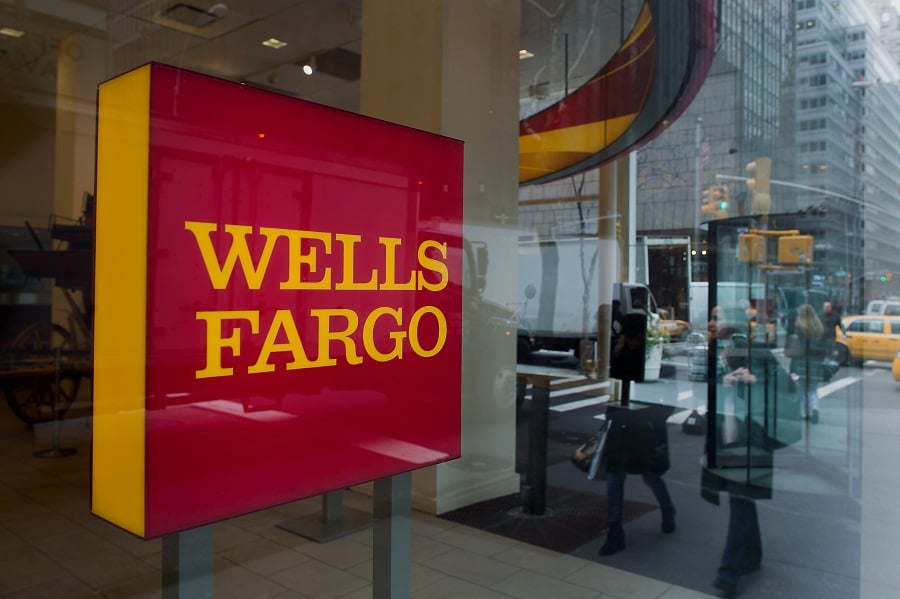A Wells Fargo Advisors memo Monday morning about client privacy policies sent a spasm of confusion across the network of 14,399 brokers and advisers, with one side saying that the memo undermined the firm's commitment to the protocol for broker recruiting, while a Wells Fargo spokeswoman said the firm remains committed to the agreement.
Some in the industry, citing a large number of advisers
leaving the firm over the past couple years, have been anticipating that Wells Fargo Advisors will dump the protocol for broker recruiting. The agreement makes it easier for an adviser to carry valuable private client information when he changes jobs.
Monday morning's update about the firm's client privacy policy, which was sent to brokers and advisers, added to that uncertainty for some.
In the memo, Wells Fargo said that starting this week, clients with new accounts can choose whether to allow advisers to take their contact information with them if they leave the firm.
Advisers' ability to carry a limited amount of confidential client information with them to a new firm without being sued is the crux of the broker protocol agreement, which was
created in 2004 by a handful of large firms with the intention of limiting lawsuits.
New Wells Fargo clients who want to opt out of brokers taking their information can inform the firm by calling a toll-free number, and advisers and their assistants cannot make that call.
"The protocol issue was hidden this morning in the privacy update memo," said one Wells Fargo adviser, who asked not to be named. "They try to hide it to avoid the uproar and need to modify policies."
A spokeswoman for Wells Fargo Advisors, Shea Leordeanu, said some people inside the firm had misunderstood the policy change. Because Wells Fargo had added a toll-free number for clients to call, it was required by regulations to send the memo.
"We are not rethinking whether we are staying in the protocol," said Ms. Leordeanu. "We are staying in the protocol."
Morgan Stanley
left the broker recruiting agreement at the end of last October and was soon followed by UBS Wealth Management Americas, creating confusion and anxiety among some advisers at the other large firms.







